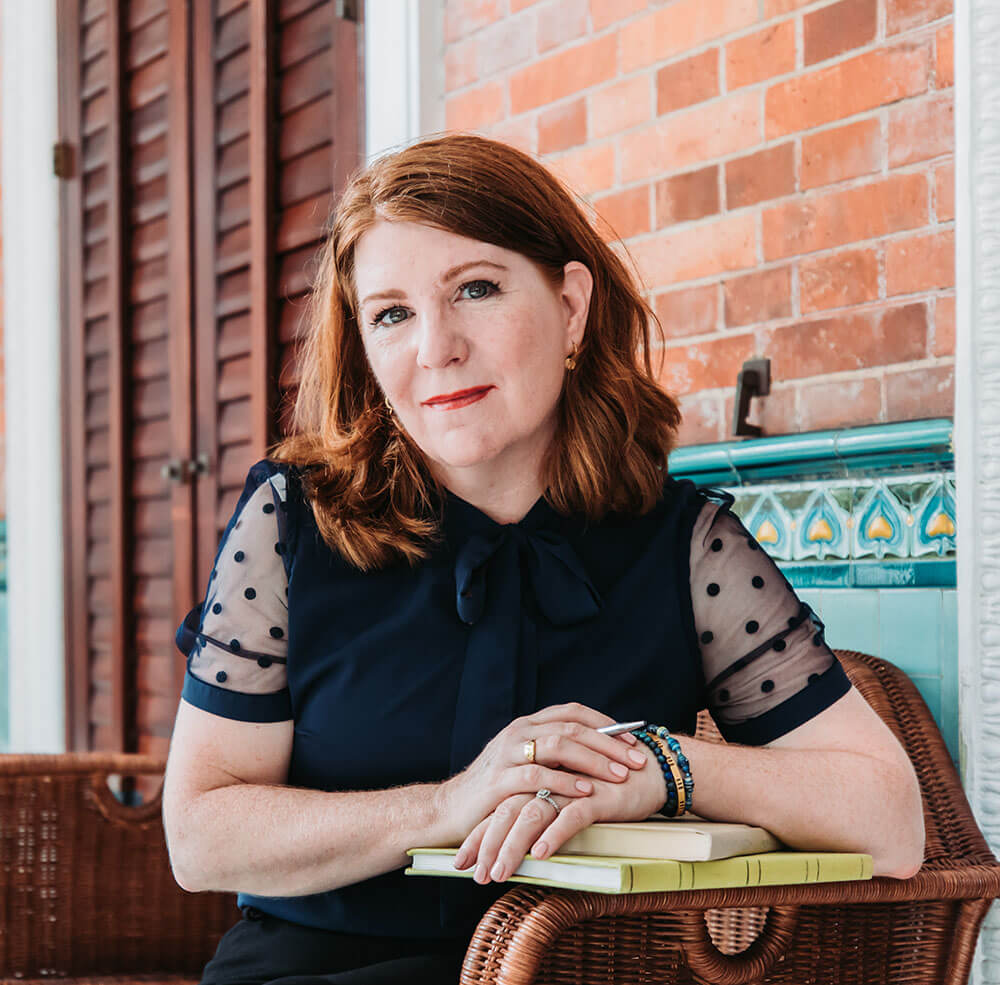
Have you ever thought about what you’re good at? And what would happen if you spent less time trying to get your weaknesses stronger? What if you focus on what you’re good at? And imagine if we used this idea with our kids.
Listen-I’m coming in hot as the parent of a teen who is about to enter her senior year of high school. Which means, there is an overlying level of parenting anxiety around how to help our kid think through and plan her next steps.
We’re fine, we’re all fine here…how are you? -Han Solo when rescuing Princess Leia thinking of shaping a human’s future.
I am trying not to panic and think of all the things we haven’t prepared her for (that’s next year’s anxiety, so I’m making it wait it’s turn).
Currently, it’s the task of helping her see what possible life plans would make her most happy and successful. (Meaning having a life that supports her material needs, brings her joy and fulfills her sense of purpose). You know, what is she good at and how does she build a life out of that?
I started out by panicking a bit about the things I felt were her weaknesses. How was her difficulty with Algebra going to impact her life? Or her weakness in developing strategy? Or her inconsistency with daily habits?
In an effort for me to understand her more and HER to understand her more, I found the Clifton StrengthsFinder for Students. Years ago, I took the version for adults, and I remember how much it impacted me to see what I was good at.
Imagine having this piece of information and building a life on your strengths?
No, really. Imagine if you were 16 years old and really knew what your strengths were. What would be possible for you if you didn’t have to figure all of this out via unnecessary trial and error? What if you had a chance to focus on what you’re good at?
(Which is why the assessment was developed in the first place. In an era of psychology focused on people’s problems, Dr. Don Clifton asked the question: “What if we studied what was right with people?”)
Which was a bit of a mind-blowing perspective to me–to figure out what people are good at and see what’s possible when you focus on that. There is a whole line of thinking for this if you have kids called Strengths Based Parenting.
We poured over her results and the information in the report, and it was like watching a light bulb go on for all of us.
Things she wanted to spend her time and energy on made total sense once we saw her top 5 strengths out of the group of 34 strengths. It doesn’t mean she will be or do a specific thing. The list of strengths doesn’t say things like ‘Be an architect.’ It describe how a person with Ideation as a strength thinks and operates and how you can apply that out in the world.
My daughter’s strengths are all in the Relationship Building category, which means she is talented with people. Applied, this might look like building a team (in any industry). If she knows this about herself, she will look for ways to utilize this strength at school, work and even social events. (I bet she can create an exquisite guest list for an event-a great mix of fascinating people who will enjoy each other’s company.) The student version is designed for teens who are likely headed to college, which I am not sure is her path). But it was still very insightful to her to see the results and see what those strengths can look like in the real world.
Current research indicates that our strengths stay pretty consistent over our lifetime. (There is a version of the assessment for kid as young as 10 called the StrengthsExplorer.) Imagine being armed with this info as you guided your kid through childhood. What if you knew it for them and about yourself even now?
Your strengths and the order they are in for your top 5 are incredibly unique.
Of the 15 million of people around the globe who have taken the assessment (as of 2016), the chance of someone having your same strengths in the same order is 1 in 33.4 million. Even having the same 4 strengths in the same order is a 1 in a million chance.
I think it warrants paying attention to what each person’s particular strengths can create in their lives and in the world.
But, what about being well-rounded? We can’t just ignore our or our kids’ weaknesses!
I am absolutely NOT suggesting we ignore basic levels of competency. Especially for kids in school settings where a certain amount of their opportunities are linked to grades. But basic competency is different than focusing on being totally well-rounded.
It means as we approach this summer with my daughter, I am really considering how to support where she will excel and minimize the time, energy and resources spent on things that make ME feel better as a parent and that ultimately will not help her.
Her C-grade in Algebra isn’t going to keep her out of college if her art portfolio (her strength) is spectacular. What if we spent this year being clear about where she needs support to feel competent? And then focus on blowing the embers of her excellence into hot flames that cannot be ignored.
“Knowledge and practice will help you move from good to great in your areas of talent. But remember, there’s a limit to how much you can do. Everyone is talented, but no one is talented at everything. If you spend your life trying to be good at everything, you will never be great at anything. Many colleges–and society as a whole–encourage you to be well-rounded, thinking that if you work hard enough, you can master anything. but you can’t. Trying to become well-rounded breeds mediocrity…Trying to be well-rounded at the expense of being great is a waste of your time and talents.”
– CliftonStrengths for Students, Gallup Press, 2017, pg13.
“Trying to become well-rounded breeds mediocrity.”
A funny thing happens in those areas of weakness when we stop giving them all the attention. Research shows that when we focus on what we’re good at, areas of weakness improve. Even with less time and attention focused on those weaknesses.
This happens because you have a happier kid who feels good about themselves. Getting better at things we are good at does this and the more positive stance spills over to other areas. So, no, my daughter isn’t likely to enjoy her Algebra tutoring session more. But she will feel better about her general level of ability when she excels in her area of strength. Like when her artwork was chosen to be in an art show.
I realize that my issues with her weaknesses is that I am afraid they will limit her in some way. But imagine if she gets to work towards excellence and not just mediocrity? I think that will open more doors for her than my fear-based approach to get her to be well-rounded.
Focus on what you’re good at. Help your kids do the same. Create a family environment where everyone’s unique strengths get to play all out.
(What do you think? I feel like we’re doing our best as parents and humans. I hope a shift in thinking brings more joy and less suffering into your conversations around plans for the future. Let me know if this article does that!)





